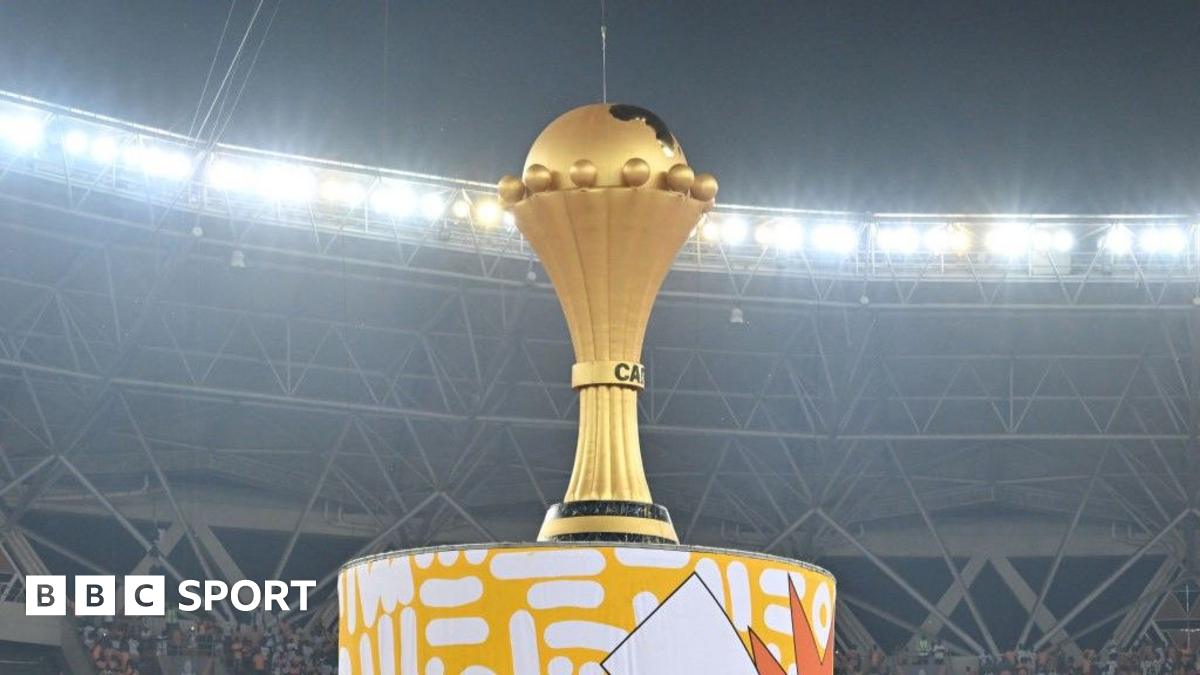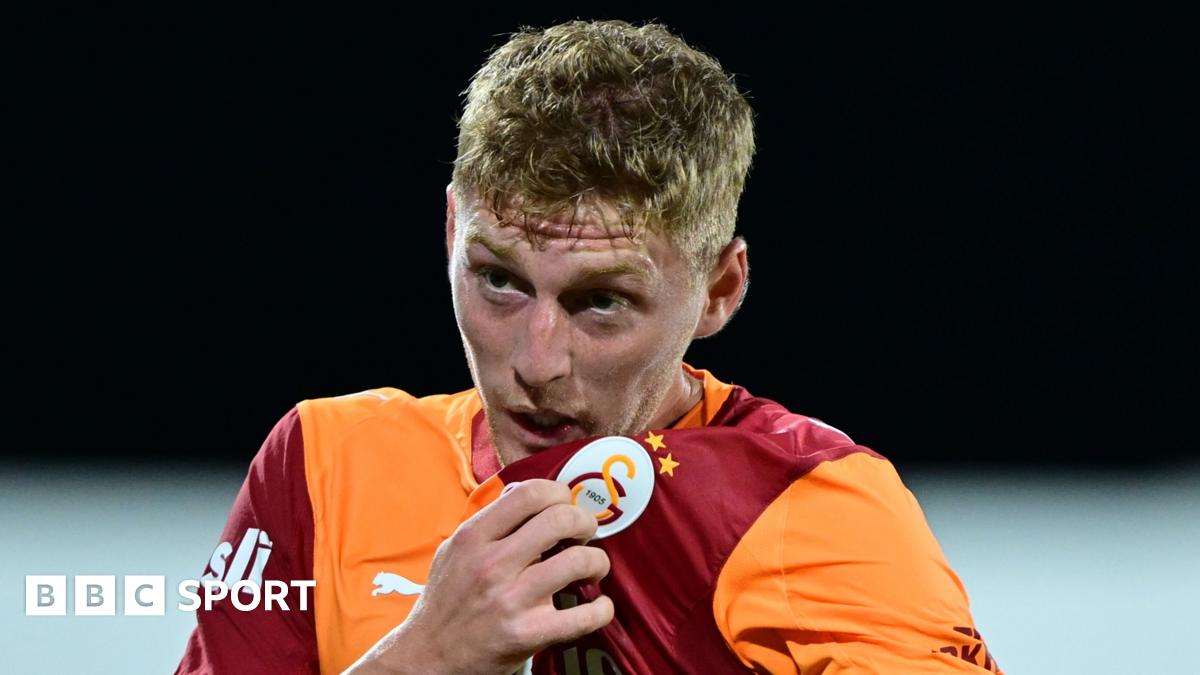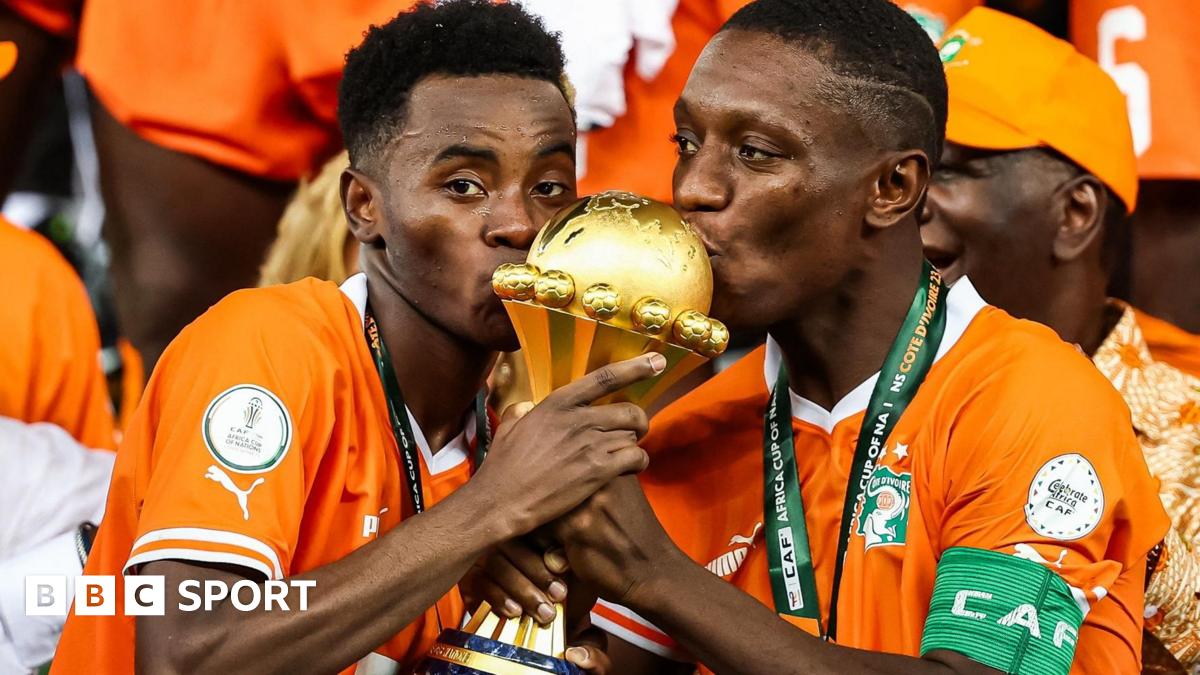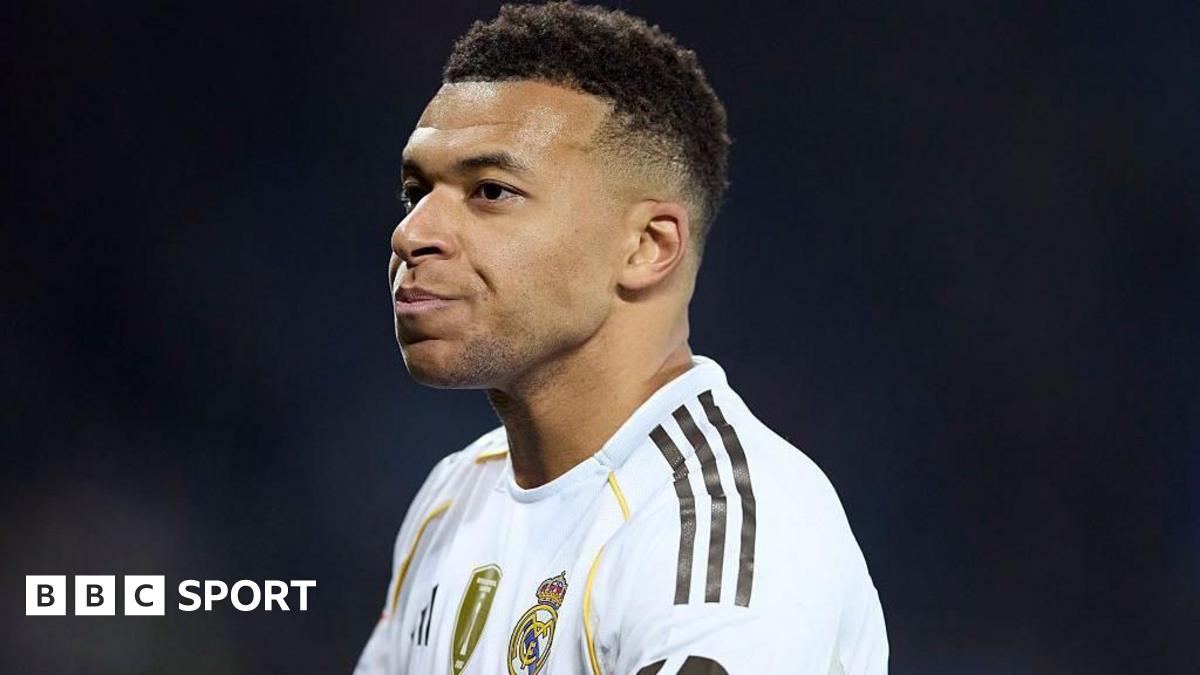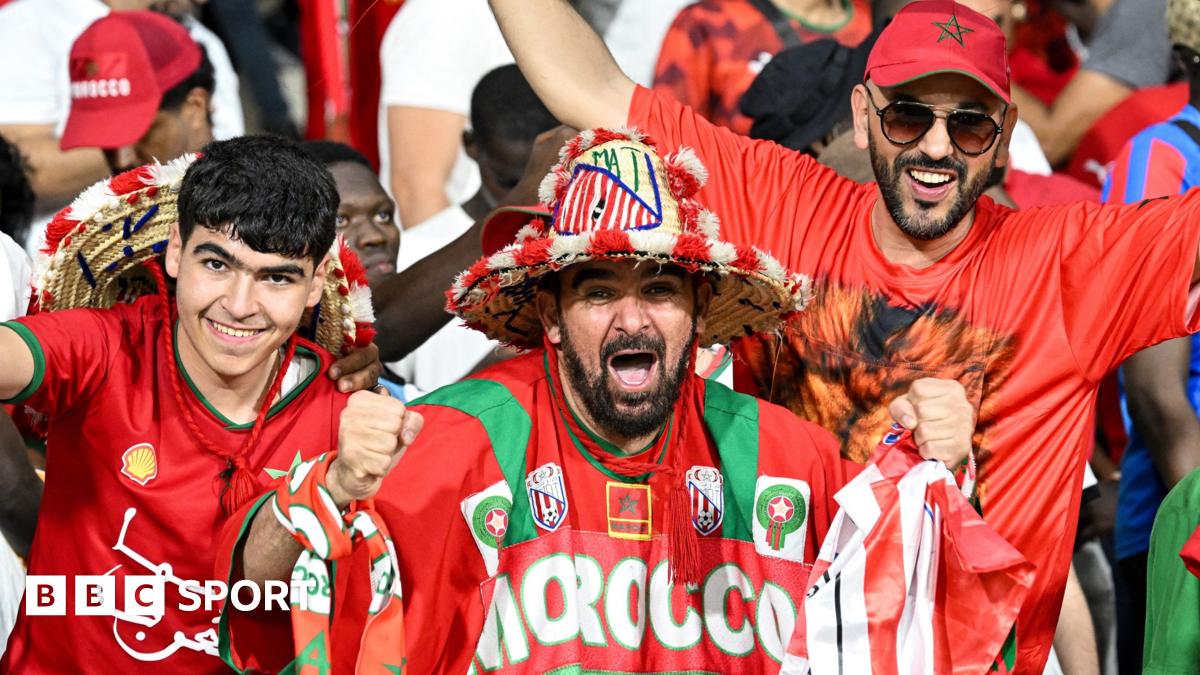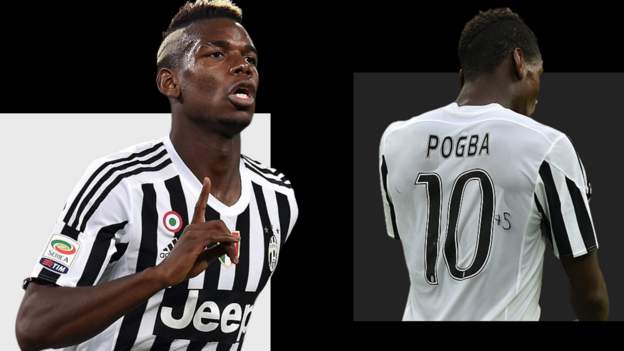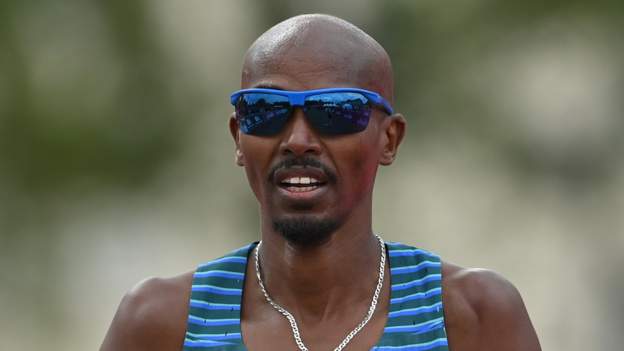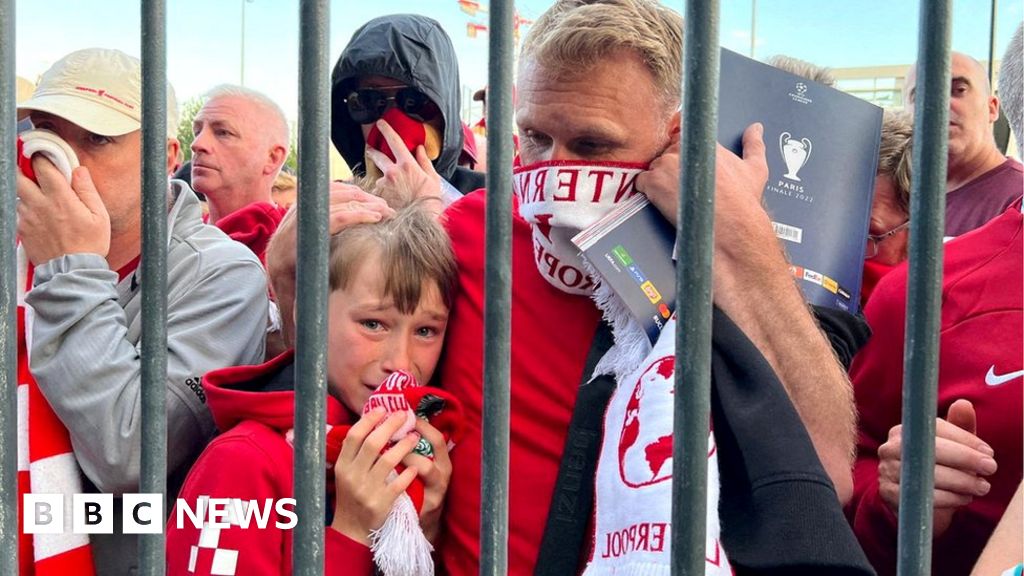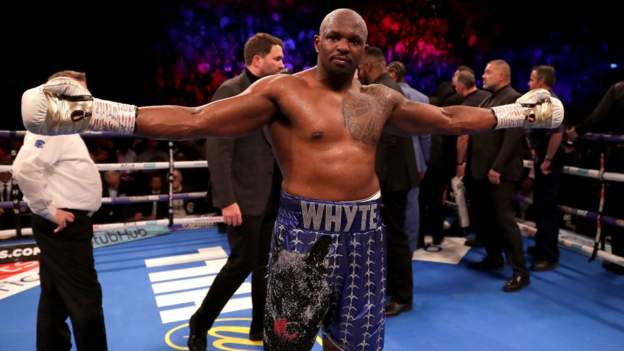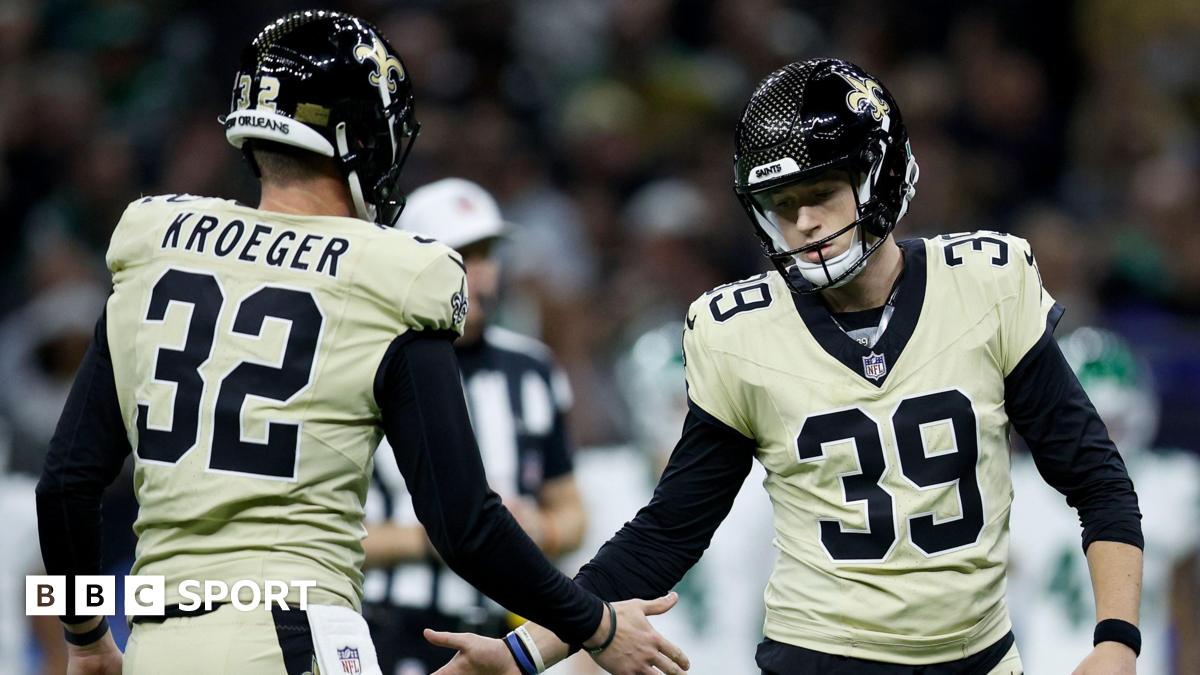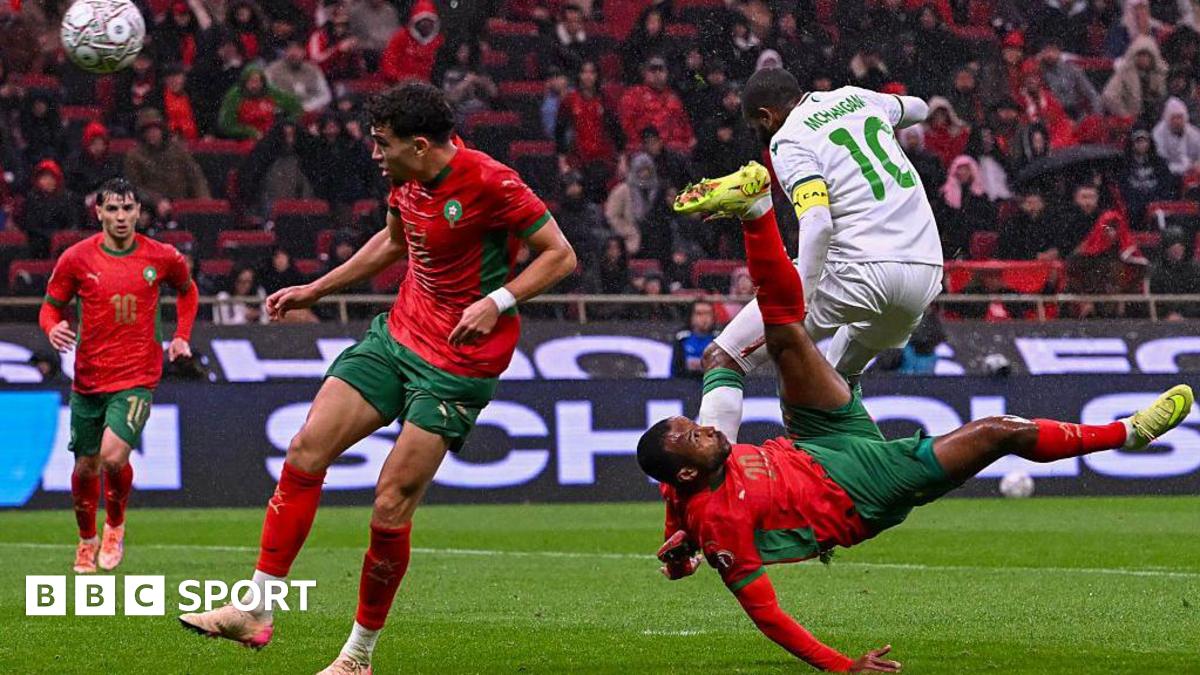“He is a 22-year-old boy, he cannot behave like a 30-year-old boy… nobody asks him to score three goals per game and win them alone. I only ask him to play like Pogba, with all that being a 22-year-old boy brings”.
You could tell manager Massimiliano Allegri was angry. Juventus had reached the Champions League final only three months previously yet in their opening two games of the new 2015-16 Serie A season, they had registered two defeats and a lot of debate.
Paul Pogba had just been given the iconic number 10 jersey, the one previously worn by the likes of Roberto Baggio, Michel Platini and Alessandro del Piero. What is the one requirement to earn the magic jersey? “To be a phenomenon,” explained club president Andrea Agnelli. So no pressure then.
Since joining Juventus from Manchester United as a 19-year-old in 2012, the Frenchman had helped the Italians to three Serie A titles but Pogba – who has just returned to Juventus after six years back at Old Trafford – suffered with the weight of the number 10 jersey.
His mentality was called into question, debates raged and Juve went into protective mode. His team-mates called him brilliant, Allegri reminded anyone who would listen that he was just a boy burdened by ridiculous expectations and Agnelli and his executives would come to training with a smile on their faces. If he wanted a coffee and a chat, they were there.
Leonardo Bonucci handed him the number of his motivator, Alberto Ferrarini, the man credited with turning the defender into an elite competitor. Legend has it that Ferrarini once locked Bonucci in a dark basement and told him to release all his anger through non-stop screams and shouts.
Ferrarini suggested Pogba add “+5” in marker pen on the back of his jersey to release the number of its pressure. To remind him in some way he was still a number six. Whether it was truly the jersey or Pogba’s new status as a superstar that blocked his brilliance at the start of that season, we can never truly know but what we can attest to is that the club rallied around him.
Historically Juventus are known for their professionalism and their rigidity. They rarely entertained with their football, they only sought the win. As former Italy forward Antonio Cassano explained: “I refused three times to go there – they just want soldiers, people who only go straight on their tracks. Sometimes I have to go to the right, to the left, where I feel like.”
If that is indeed true, then imagine how much they believed in Pogba to have granted him the luxury of tactical freedom. Those around him worked to set his genius free and he rarely disappointed. “You’re not a star just because you say so. You become a star because people make you a star. That’s what I learned from my time at Juventus,” explained Pogba.
Under Allegri, Pogba ended up producing his very best statistically, technically and tactically that year to help Juventus to another league title, setting up a world-record £89m move back to Manchester United.
In England he arrived to huge fanfare and for a lot of money. He was expected to put his head down and deliver in a rigid system that had little room for his technical eccentricities. When he didn’t always deliver, he was criticised for not concentrating solely on football – as if that was all he was and ever would be. Being labelled is one thing Pogba truly despises.
In Turin, Sky Italia called Pogba a leader precisely because he was an entertainer, a remarkable larger-than-life character who even managed to get the likes of Agnelli and Pavel Nedved to dab with him in photos.
His loveable character made others listen in the dressing room. The happiness he exuded is what united a club, helping them become a family who could achieve great things during his time.
Pogba now returns to a club that more than ever needs to be reminded of what unity can achieve. His arrival for his medical was greeted by hundreds of fans.
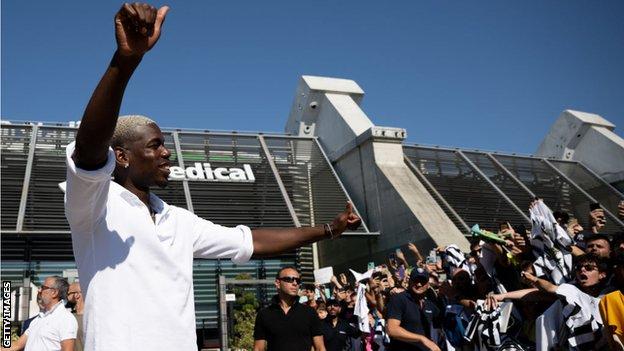
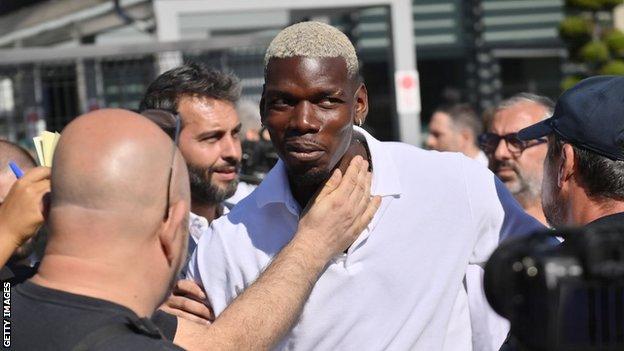
After so many problematic dealings in the transfer market, the Bianconeri have been left with an imbalanced team and midfielders that, bar Manuel Locatelli, are nearly all up for sale. Joining a young squad that recently lost its captain in Giorgio Chiellini, Pogba will need to remind the group what playing at Juventus really means.
A lot has changed since he was the 22-year-old-boy who was forgiven for every sin. He will be returning to a Juve side that are in great need for him to deliver. The pressure will be higher, the expectations greater and Pogba will not be surrounded by veterans offering wise words or the tactical understanding to allow him his freedoms.
He will need to prove his understanding of the game and it will be his experience, authority and ability to challenge at the highest level that will be coveted and indeed expected to reopen a winning cycle. Juventus must get back to being a force in Europe and the Frenchman represents glory and worldwide appeal for a brand that is struggling to fulfil its expectations after the pandemic.
He may not be able to provide all that the Bianconeri currently need but one thing they will guarantee him is support and affection and for Pogba, that may be all he’s ever wanted.

